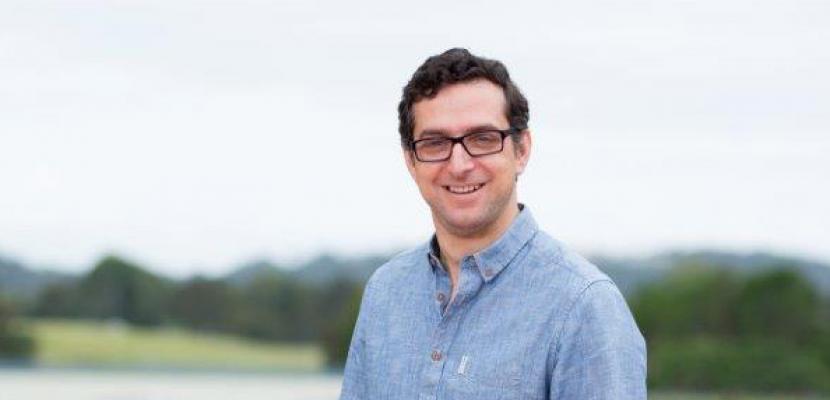
by Bond University Senior Teaching Fellow, Darren Paul Fisher
“In the history of the Academy Awards there have only been five women nominated as best director – not five per cent, five in total.
Yet most of us - and I include myself and women in this - will instinctively claim that we are not affected by unconscious bias.
The media world is changing and this is great. Most rational people, once they are aware of something unjust they’re doing, will take steps to correct it. In our trade, this can take many forms. In my case as a screenwriter, the remarkably straightforward method is - as Geena Davis has suggested - simply making 50 per cent of characters female with one stroke of the keyboard. Representation counts.
However, there are only two kinds of cast in feature films: stars that can attract financing … and everyone else. This is where significant problems take hold because the default is currently to male. Blame patriarchy in general but the white male has become not just the incumbent choice but is regarded as something far more dangerous: neutral.
Disagree? Consider Ocean’s 8 or Ghostbusters. Until the ‘female’ versions came out, did you consider the originals ‘male’ films? I’m going to go out on a limb here and say ‘unlikely’.
As a director in the industry, you are actively encouraged to default to male. I don’t believe there is a conscious agenda other than pragmatism, but if I write a female lead for a feature film the first question I’ll get from an executive of any gender/political persuasion is, “Why is she female?” Any movement from white male must be justified in terms of theme or character, as if the white male is somehow race/gender neutral.
Very few white male characters ever deal thematically about being white and male, so why should other characters be saddled with thematic ghettoization? This is why avoiding tokenism becomes a convenient excuse for lack of diversity.
So the real question is not, “Is Hollywood changing?” (it is) but, “How do we ensure the change is significant and lasting?” Forgive me if I’m cynical. I’m from the generation of boys raised in the ’80s who were told that we’d solved gender equality. Yet things have clearly slid back, and I become, like so many men of my generation, not just a feminist but a raging feminist. How the hell are we still talking about this?
Feminism is very simple. The word has been loaded with anti-male connotations for generations, but this is misdirection. If you believe in gender equality, you’re a feminist. It is not complicated. Those that argue the complexity are usually non-believers.
So what’s the answer? I was never a fan of quotas, but it might just be the only way to kick start parity. It isn’t an ideal solution, in fact it is highly flawed, but it’s the best method we have to start making things better.
We’ve had at least 40 years of ‘meritocracy’ and the experiment has failed. Unconscious bias is real and ever-present, and unless you have a strategy to counteract it, either on a personal or institutional level, you are part of the problem not the solution.
I make films and I teach filmmaking, and for over a decade my classes have been balanced male/female – yet the industry does not reflect this.
Here’s my plan. If a producer wants to fund their project with public money, the crew must be 50/50 gender split. Not just numerically (otherwise all the senior crew can be male and all the juniors female) but across heads of departments also. Producers are free not to do this - they just won’t receive public funds. This is more difficult with cast, but at the very least something like the Bechdel test needs to be applied as well as parity across the cast as a whole.
Ultimately however, you have to care. Sometimes I think we’ve lost - and have been encouraged to lose - the sense of what social responsibility really is. Will quotas bring short-term pain? Absolutely. But the long-term gain is immeasurable.”
Darren Paul Fisher is an award-winning director, screenwriter and senior teaching fellow at Bond University. He was recently named the 2018 recipient of the prestigious Greg Coote Scholarship. His most recent feature film Frequencies won a raft of awards on its festival run and was released in cinemas across the US to rave reviews.